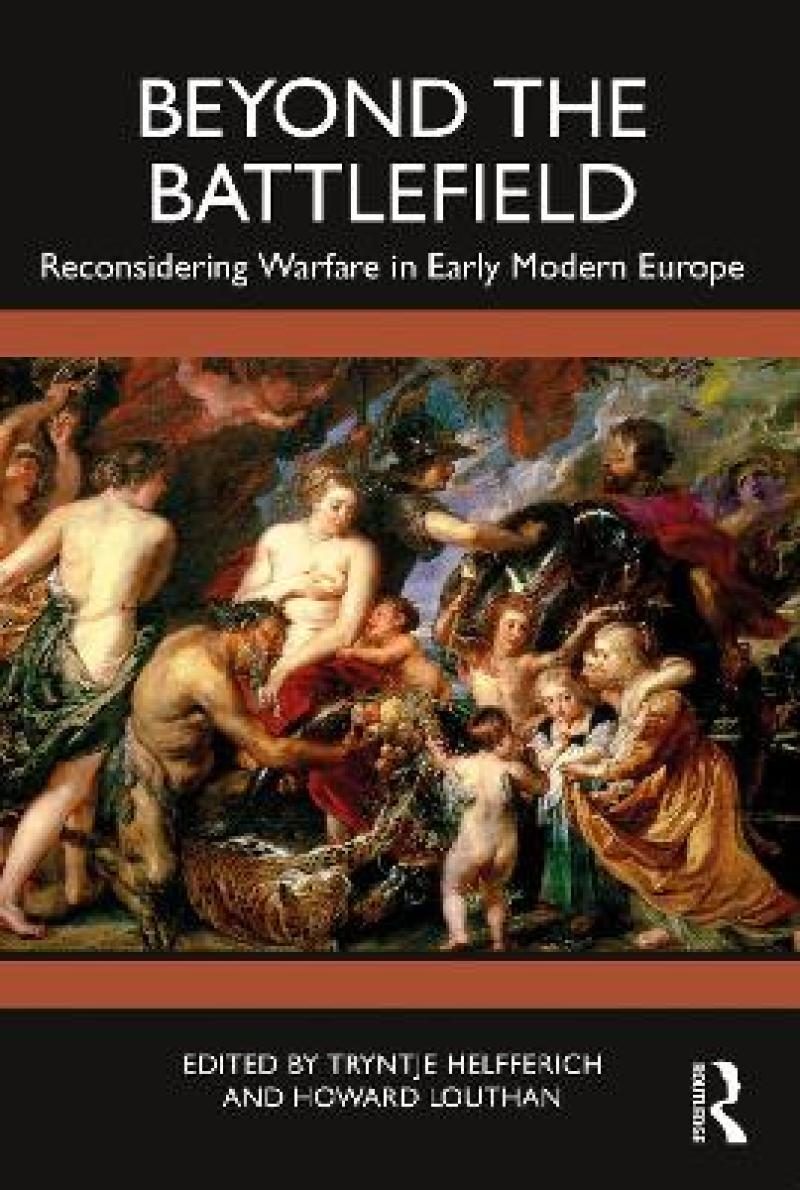This volume draws together an international team of scholars to explore the experience and significance of early modern European continental warfare from an interdisciplinary perspective.
Individual essays add to the lively fields of War and Society and the New Military History by combining the history of war with political and diplomatic history, the history of religion, social history, economic history, the history of ideas, the history of emotions, environmental history, art history, musicology, and the history of science and medicine. The contributors address how warfare was entwined with European learning, culture, and the arts, but also examine the ties between warfare and ideas or ideologies, and offer new ways of thinking about the costs and consequences of war. In addition to its interdisciplinarity, the volume is distinctive in including chapters focused not only on Western and Central Europe but also the often-ignored European peripheries, such as the Baltics and the Russian frontier, Scandinavia, and the Habsburg-Ottoman borderlands of Southeastern Europe. As a whole, the volume offers readers interesting alternatives and threads for reconsidering the place and meaning of warfare within the larger history of early modern continental Europe.
This book will be valuable for general readers, undergraduate and graduate students, and scholars interested in military, early modern, and European history.
This volume draws together an international team of scholars to explore the experience and significance of early modern European continental warfare from an interdisciplinary perspective.
Part I: Learning, Culture, and the Arts
1. Skilful Captaines in Warlike Affaires: Learning the Art of War in Early Modern Europe, Tryntje Helfferich
2. Building the Foundations of a Surgical Armory: Johannes Scultetus in Ulm, c.1630-1645, Heidi Hausse
3. Sighs of War and Peace: Feeling Prayer through Song in Lutheran Germany during the Thirty Years War,
Thomas Marks
4. The Fate of Jesuit Art and Architecture in Germany during the Thirty Years War,
Jeffrey Chipps Smith
5. The Seventeenth-Century Culture of War: Three Commanders and their Legacy in the Arts,
Kristoffer Neville
Part II. Ideas and Ideologies of War
6. The Wars of Louis XIV and the Language of Europe,
Daniel Riches
7. Calvinism and the Thirty Years War: Abraham Scultetus and the Palatinate,
Howard Louthan
8. Troubles Concerning Religion: Causes, Parties, and Armed Conflict in the French Wars of Religion,
Brian Sandberg
9. Why Serve in Wars in Seventeenth-Century Europe? The Case of Soldiers in Poland-Lithuania,
Dariusz Kołodziejczyk
Part III. The Costs of War
10. At Home and Away: The Impact of Warfare upon Officers' Wives in Seventeenth-Century Sweden,
Mary Elizabeth Ailes
11. Fighting War Pestilence: Habsburg Strategies of Disease Management during the Ottoman War (1737–1739),
Sabine Jesner
12. Shifting Power Relations along the Baltic: Poles, Lithuanians, and Russians in the Great Northern War,
Mindaugas Šapoka
13. Silent Victims: The Hidden Costs of War in Brandenburg, 1648-1700,
Mary Lindemann
Produktdetaljer
Biografisk notat
Tryntje Helfferich is Associate Professor of History at The Ohio State University, Lima. She studies the history of war, religion, and politics in early modern Europe. Her publications include The Essential Thirty Years War (2015) and The Iron Princess (2013).
Howard Louthan is Professor of History and Director of the Center for Austrian Studies at the University of Minnesota. His scholarship focuses on the intellectual and cultural history of early modern Europe. His publications include Theuerdank: The Illustrated Epic of a Renaissance Knight (2022) and Converting Bohemia (2009).
